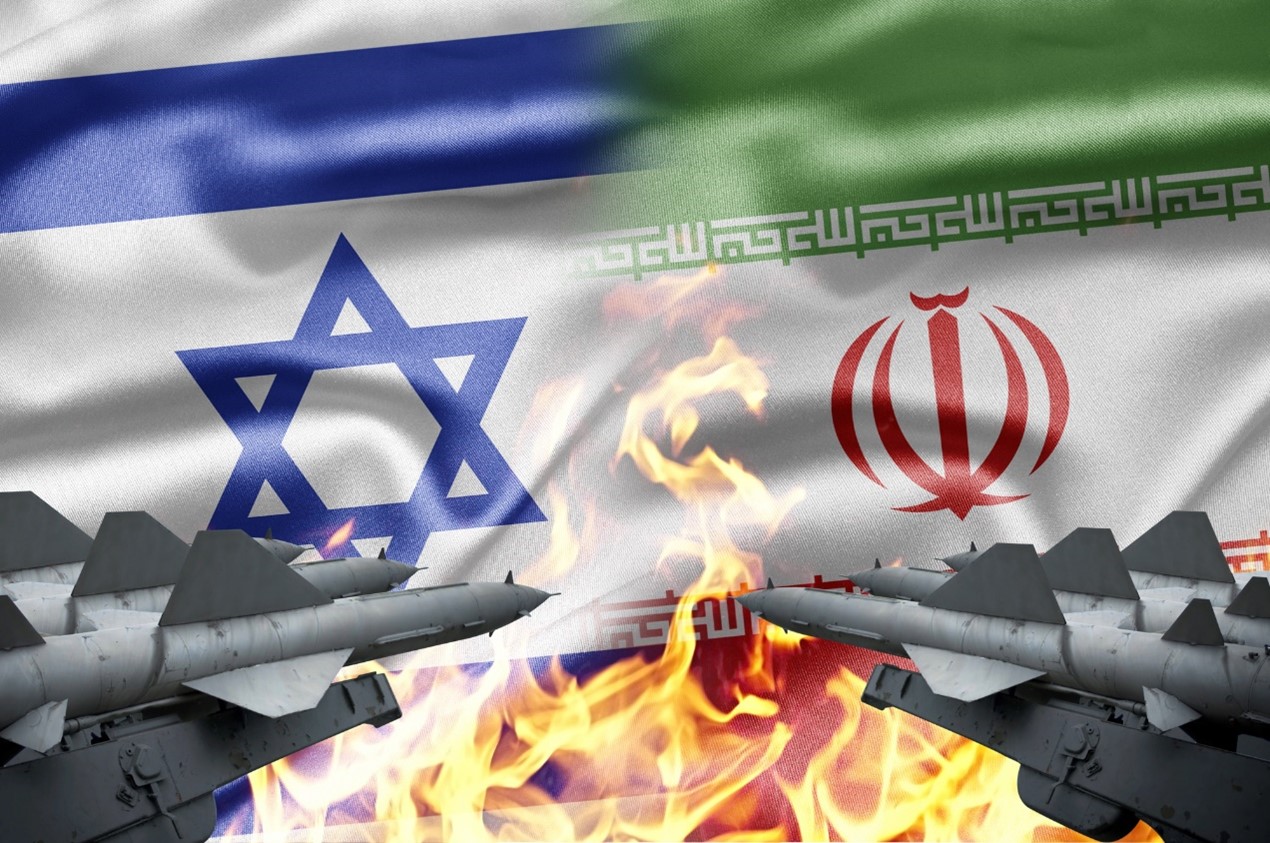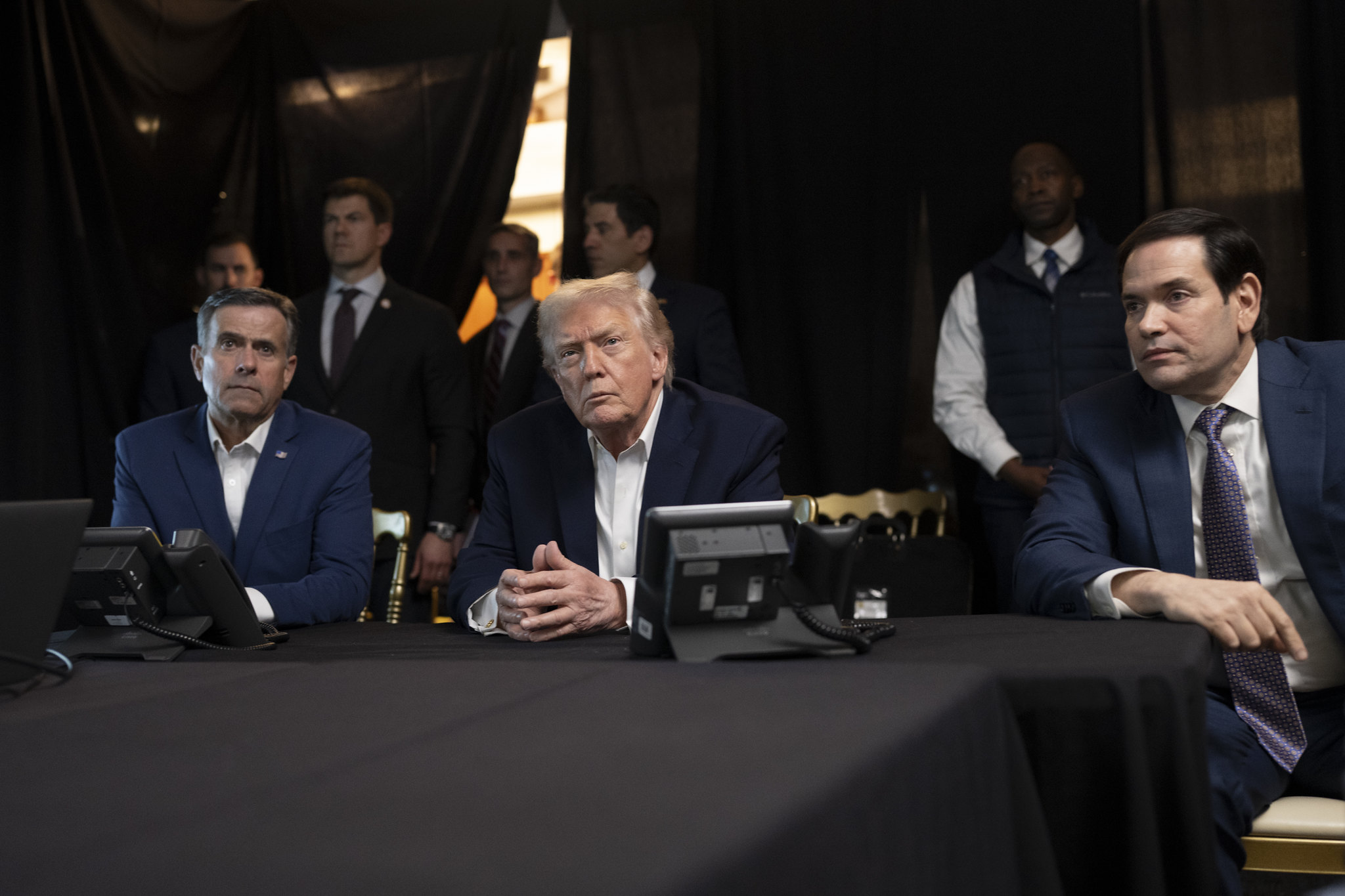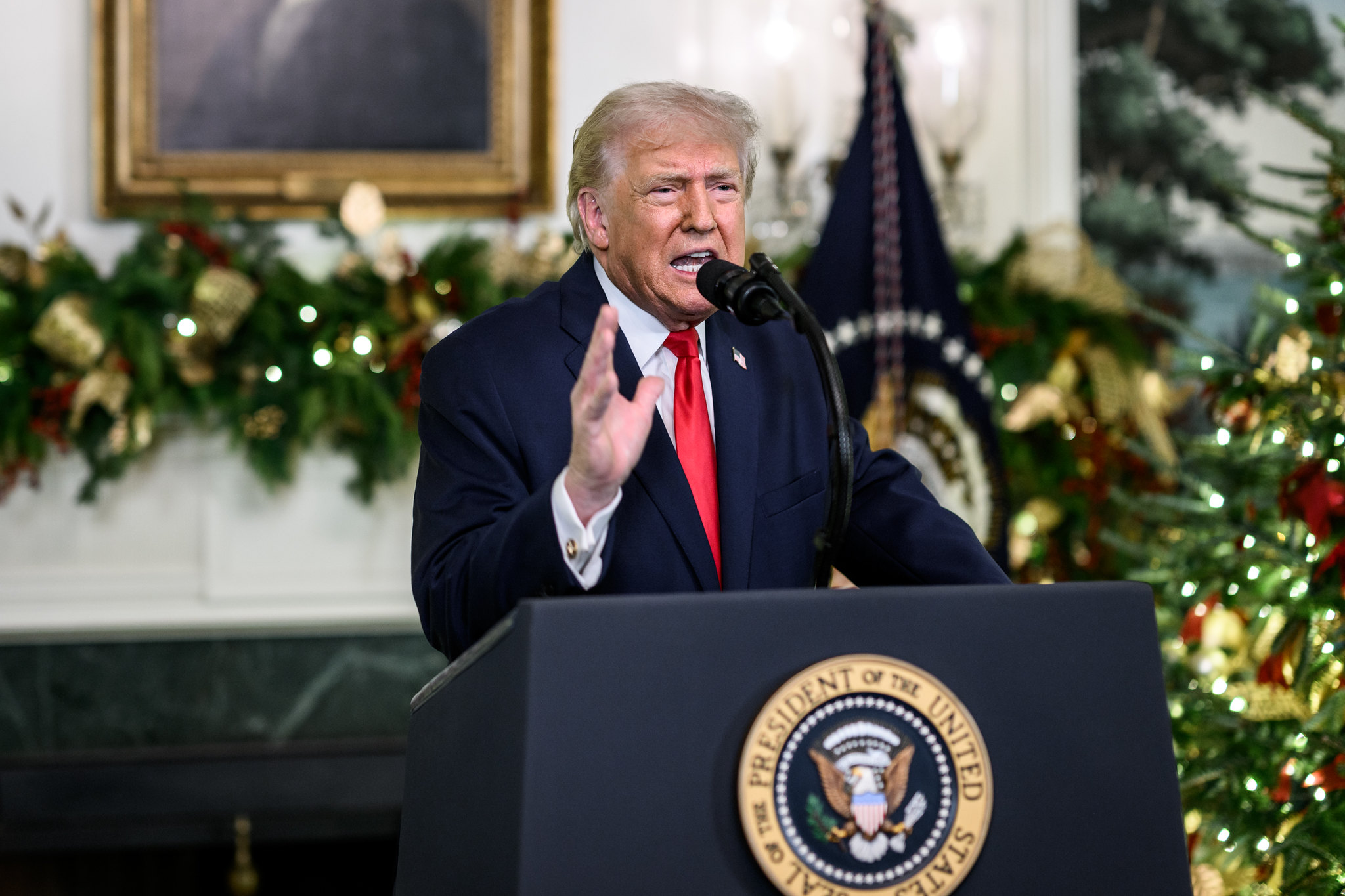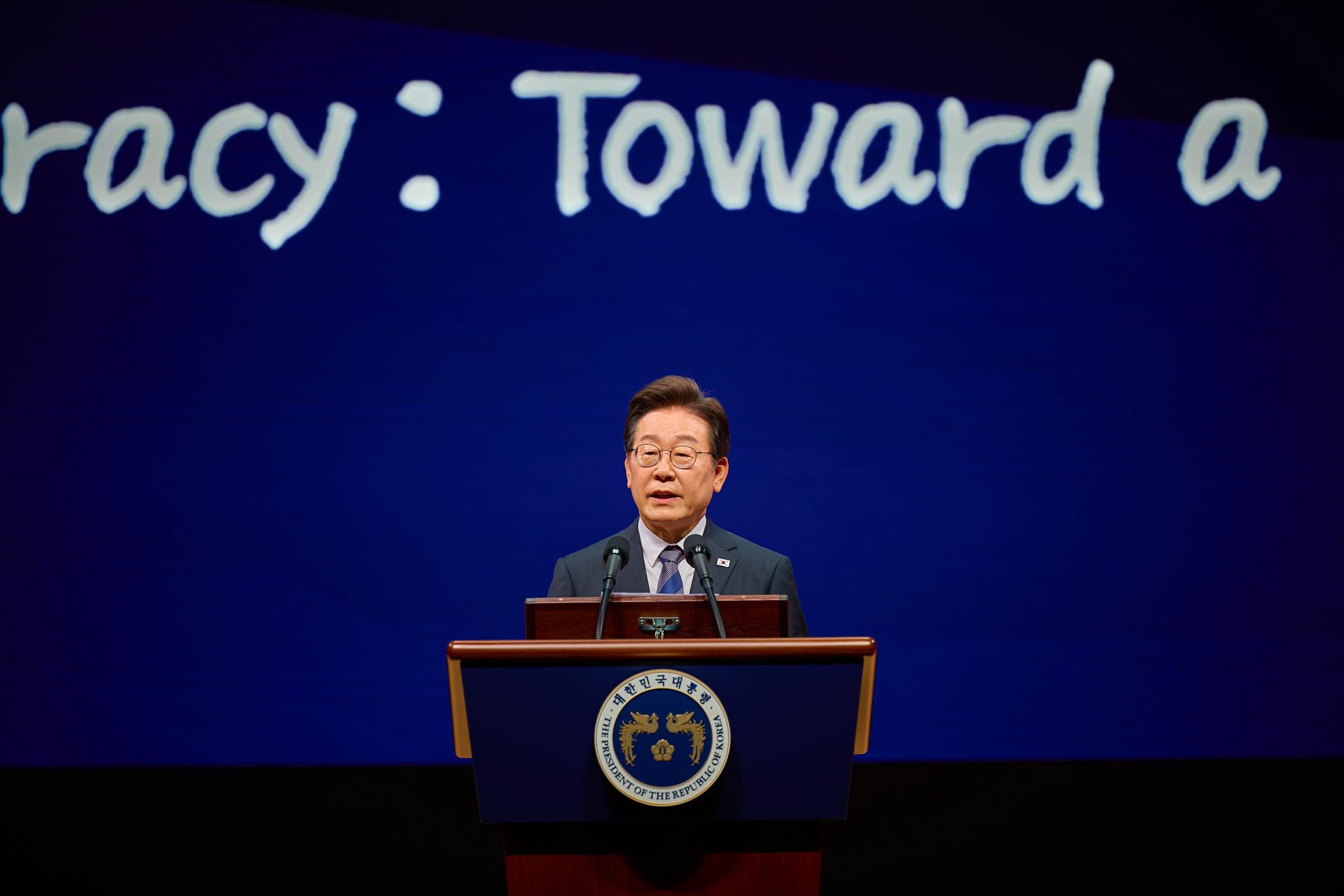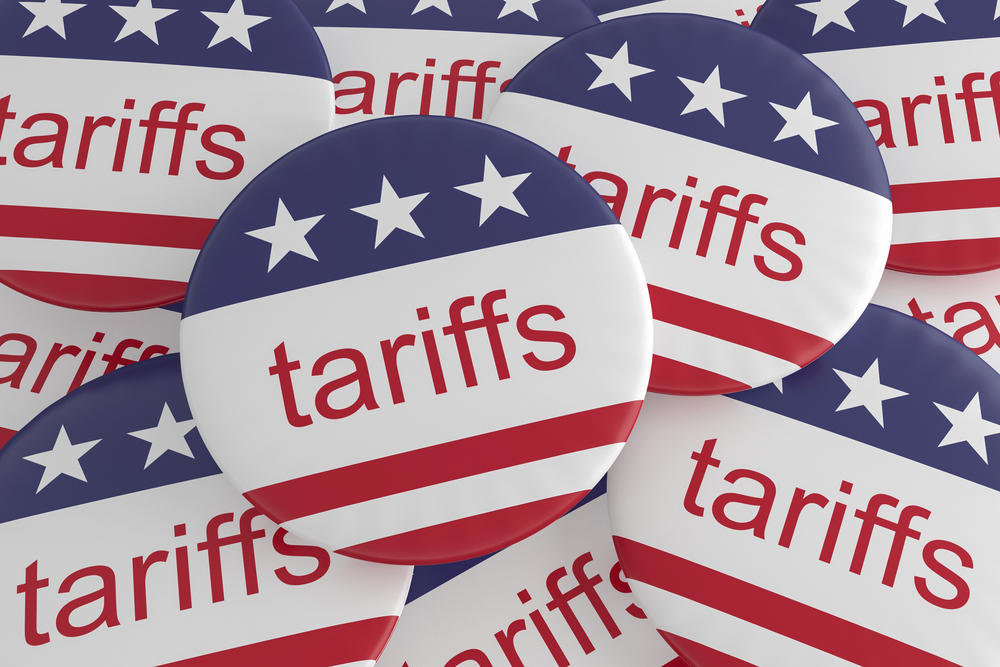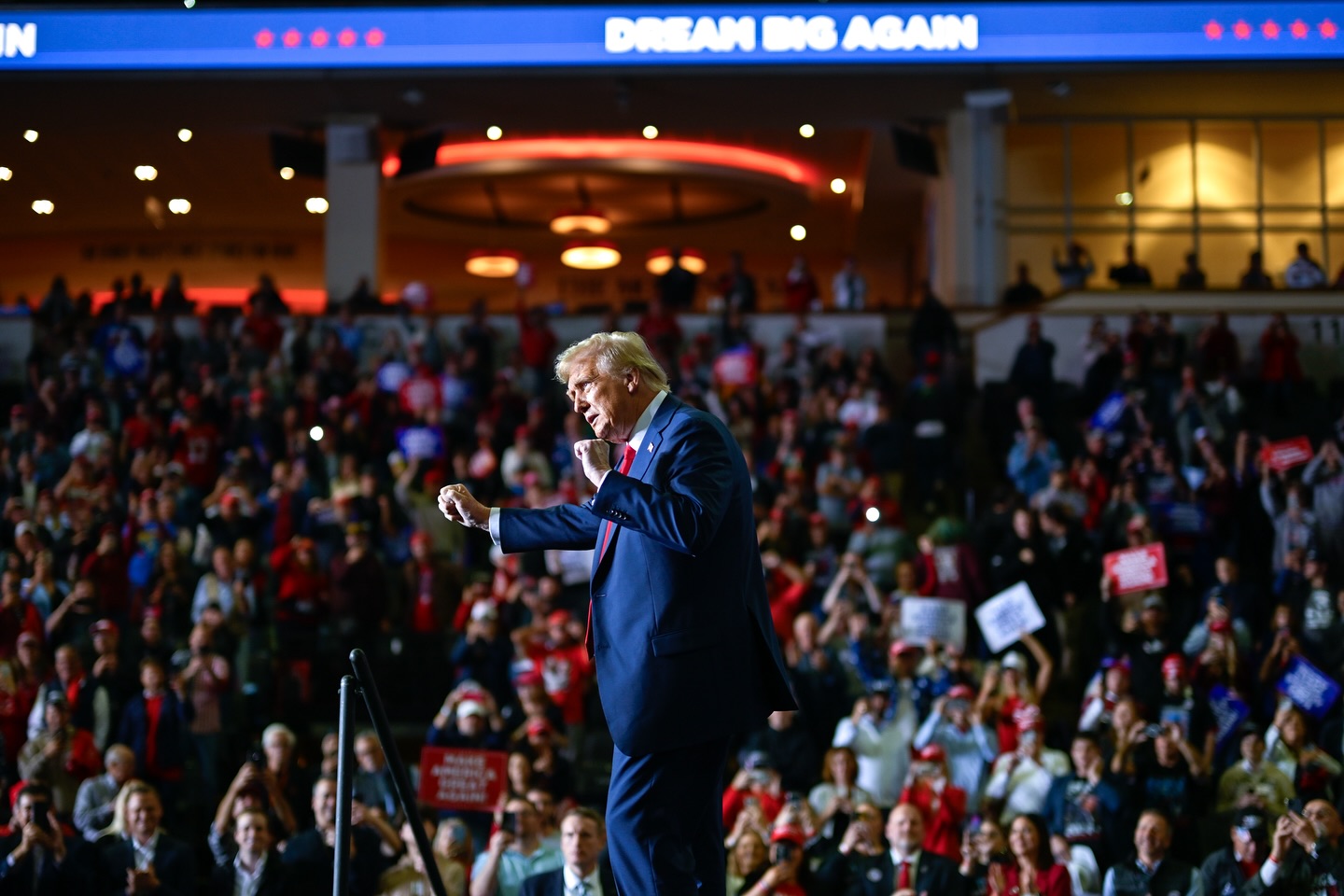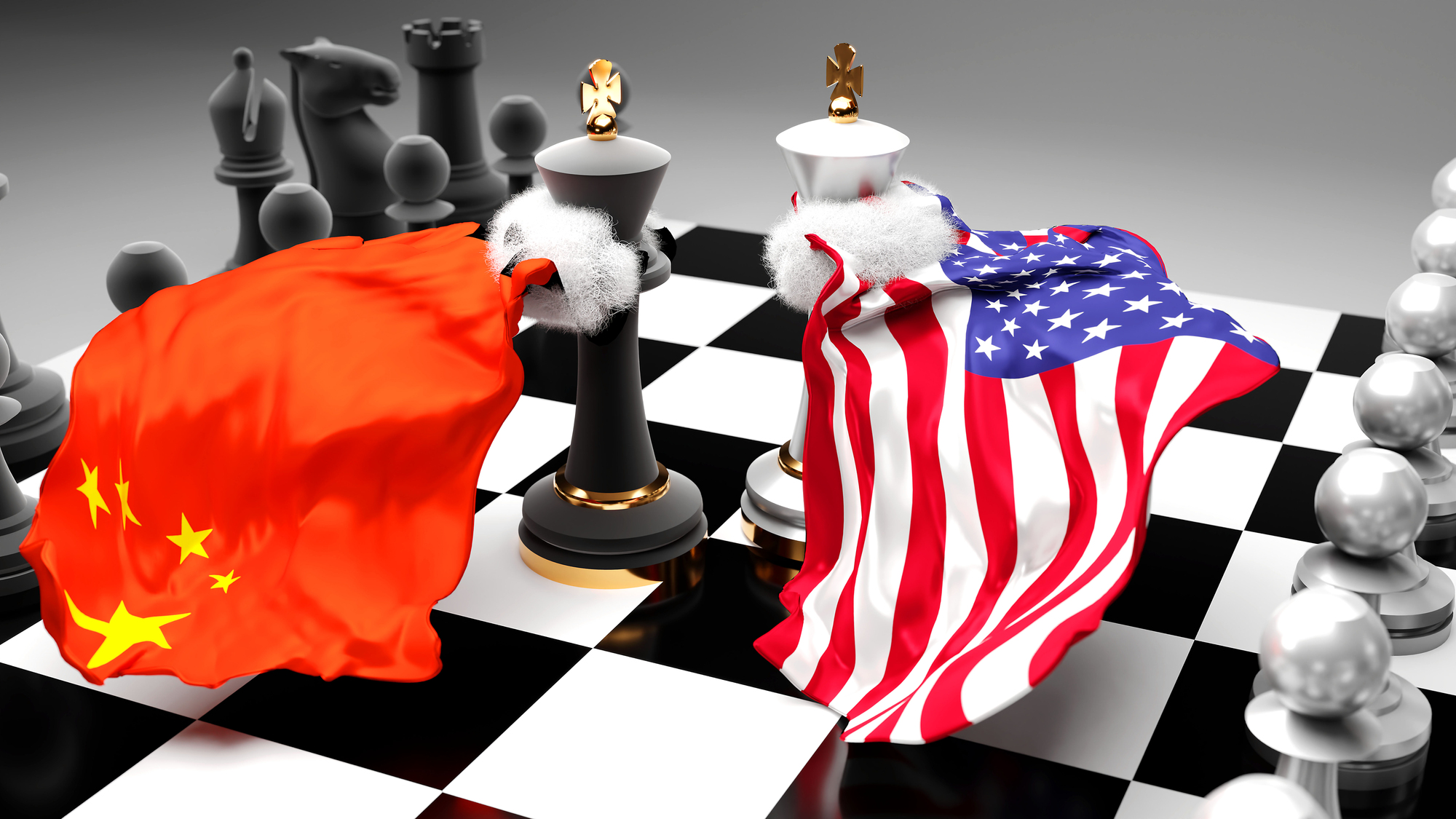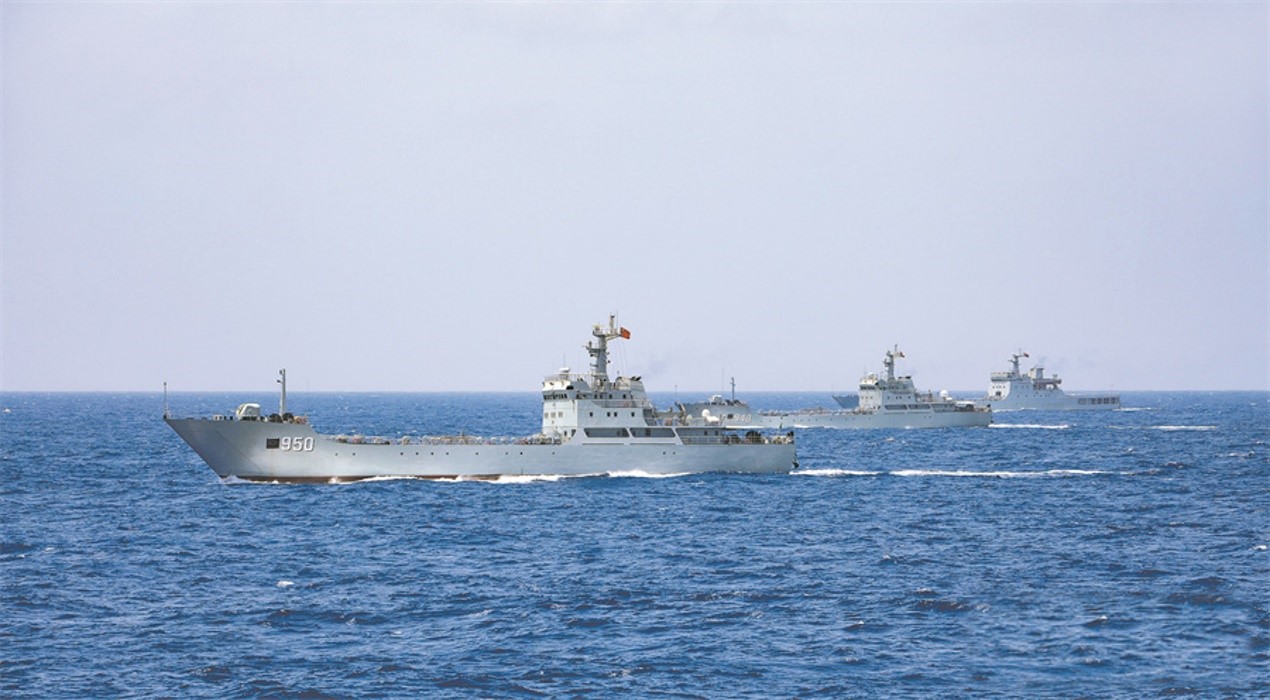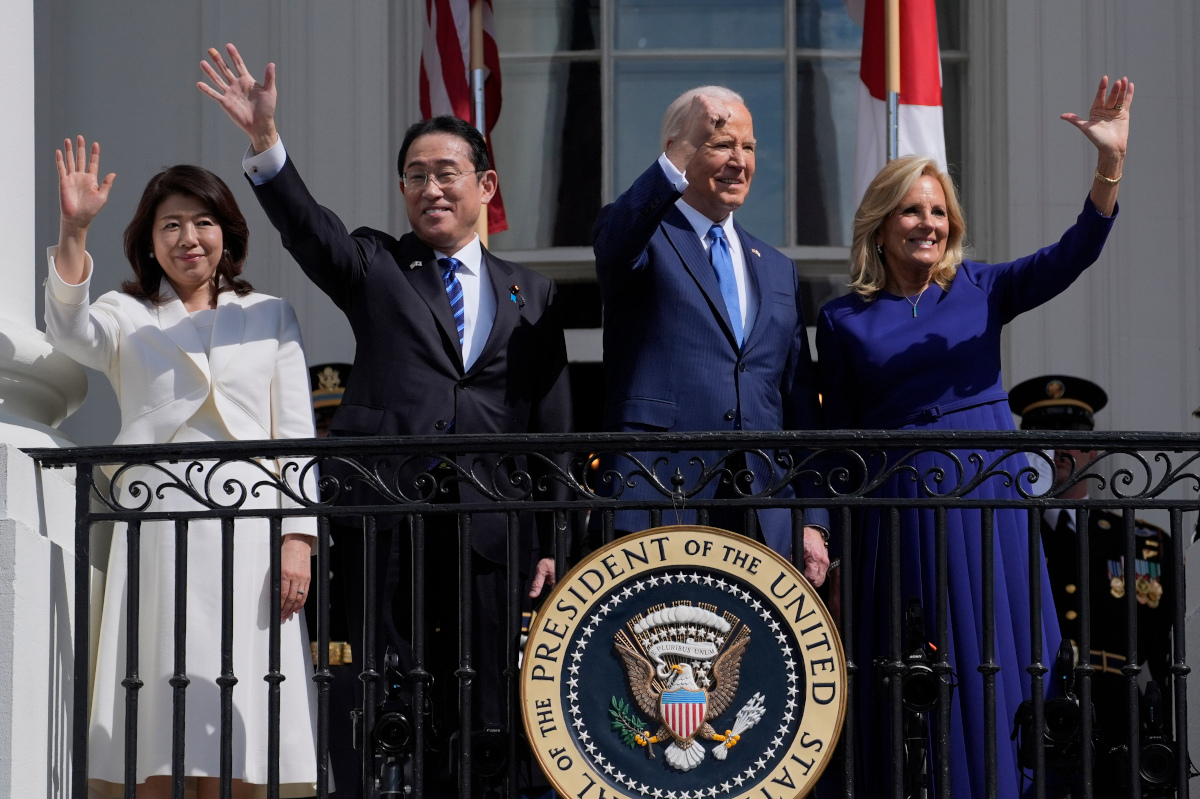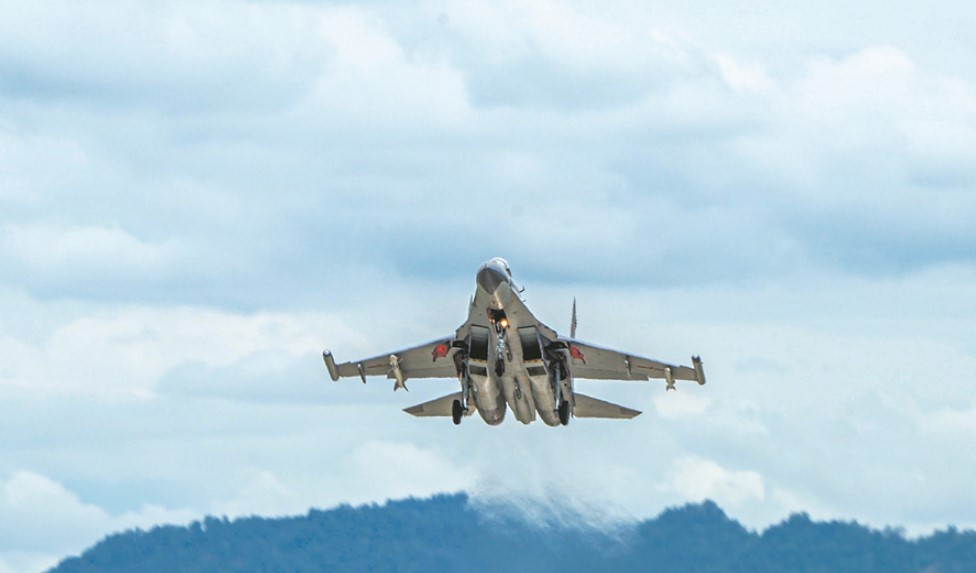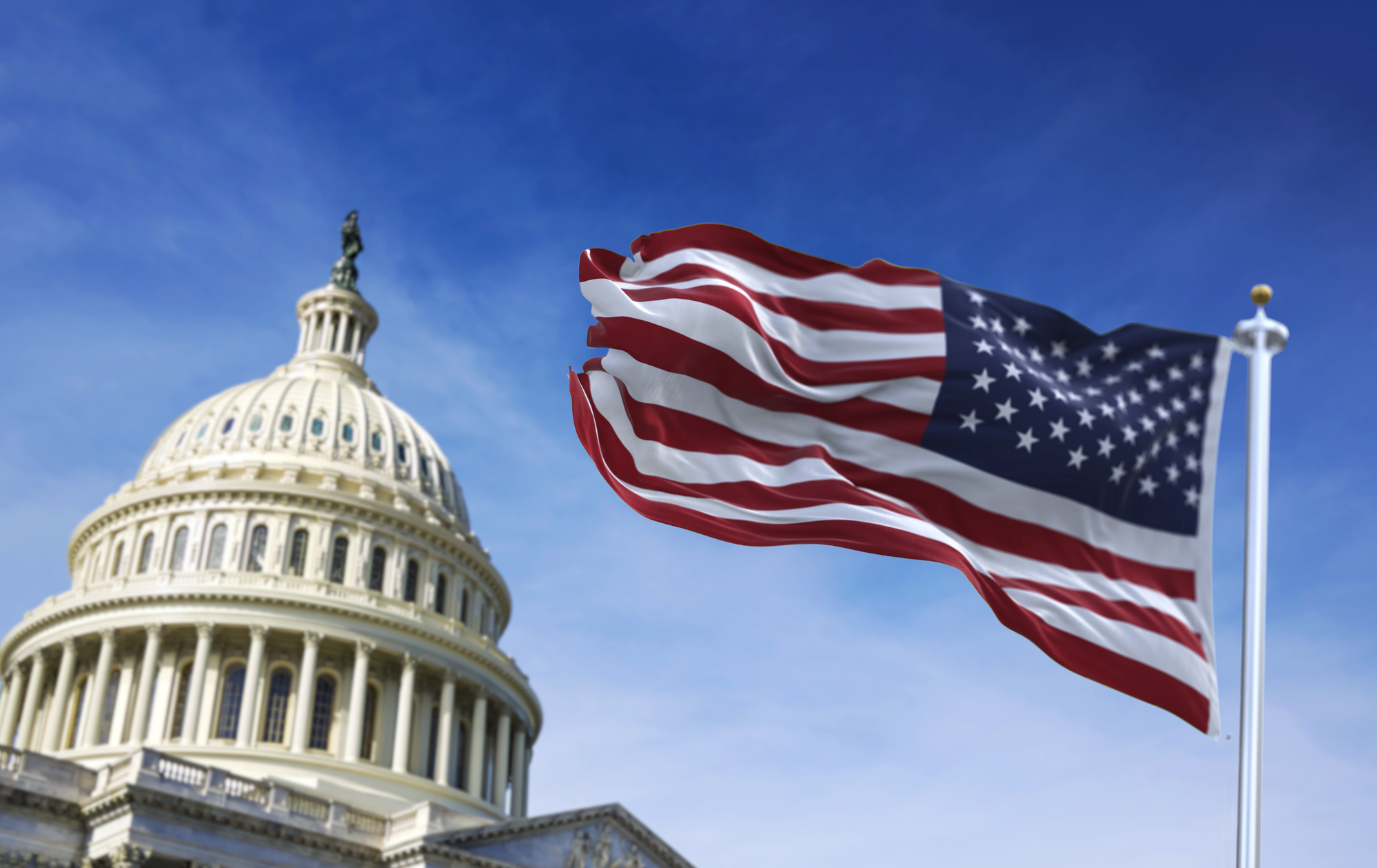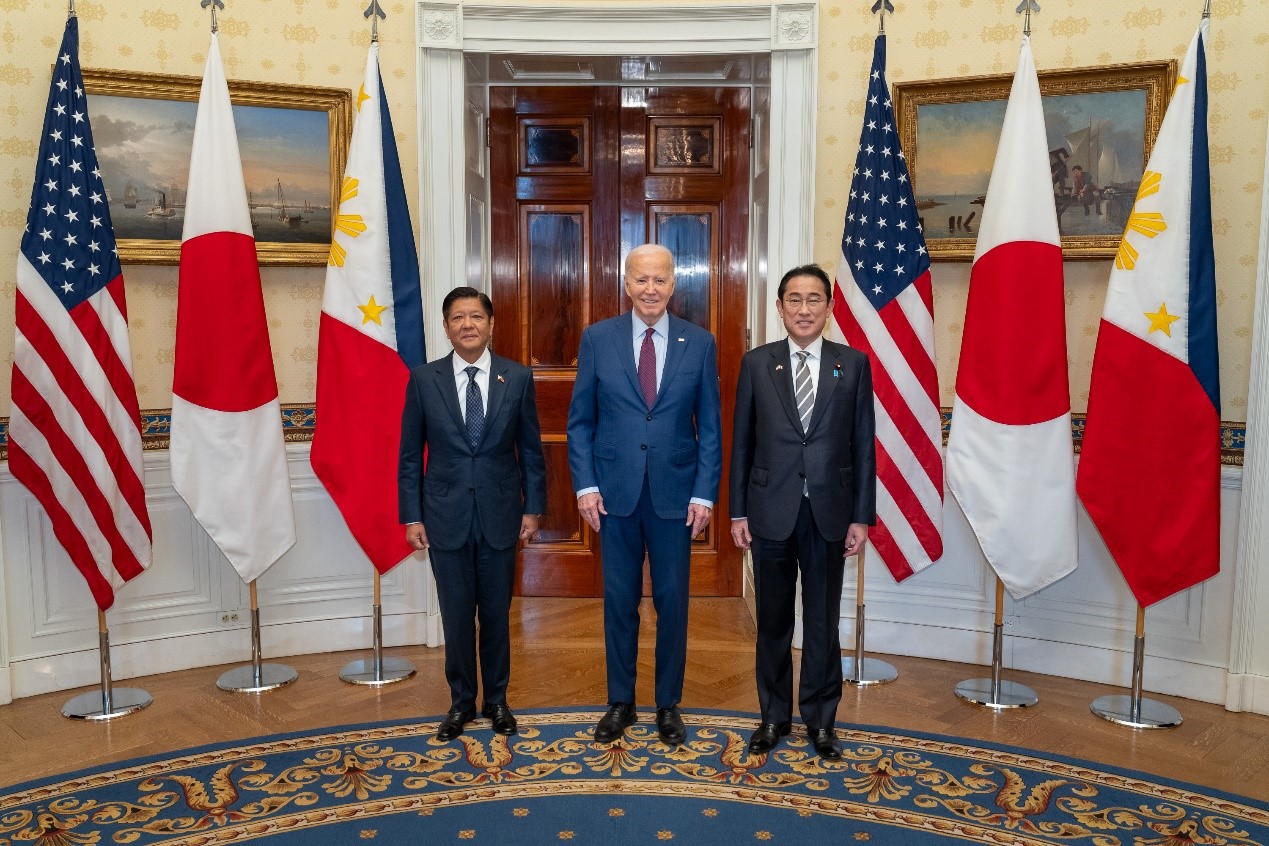The Israel-Iran War and its Potential Impact on China-Taiwan and the Indo-Pacific
The coordinated Israel-U.S. operation against Iran’s nuclear infrastructure in June was highly successful in crippling the Islamist state’s ability to acquire nuclear weapons for at least the next few years. Picture source: Depositphotos.
Prospects & Perspectives No. 38
The Israel-Iran War and
its Potential Impact on China-Taiwan and the Indo-Pacific
By Joseph Bosco
The coordinated Israel-U.S. operation against Iran’s nuclear infrastructure in June was highly successful in crippling the Islamist state’s ability to acquire nuclear weapons for at least the next few years. That was a historic and long-overdue geostrategic achievement in the interest of global peace and stability,
However, as a leading state sponsor of terrorism, and a declared enemy of the Western international order, Iran was a security threat to the world long before it arrived on the verge of becoming a nuclear power. Unless the powerful Israeli-U.S. strikes brought a dramatic change in its hateful ideology, which does not seem to be the case, the Islamic Republic will soon be back to pursuing its raison d’être —the destruction of Western ideas and institutions. It is also likely to resume its quest to acquire nuclear weapons, either through its own remaining production capabilities or by a transfer of existing weapons from the stockpiles of one of its nuclear-armed anti-Western strategic partners–Russia, China, or North Korea.
The problem with Iran
Still, it is not the nature of its weapons arsenal that is at the root of the Iran problem, but the nature of the regime itself. President Trump’s public position is that he does not support regime change in Iran because of “the chaos” it would cause, which is ironic coming from someone who seems to thrive on creating so much chaos that he considers constructive in his own country. He should consider the destructive chaos Iran has already visited on the region and beyond and what it intends to create in the future if left in power. Its malign perseverance and that of its allies and surrogates should not be underestimated. When al Qaeda’s bombs in the garage of the World Trade Center failed to bring the towers down in 1993, the murderers simply changed the delivery system.
Covertly or openly, Trump should make it clear to the Iranian people that if they decide to seek reform of their government and ask for American moral, diplomatic, and economic support as they did in 2009, Trump, unlike Barack Obama, will not turn his back on them. Given his lack of interest in, and even disdain for, human rights concerns, he would support a change in the Iranian regime not on idealistic grounds but for U.S. national security reasons. Tehran, after all, has, more than once, hatched plans to assassinate the American president.
As with the end of the Assad regime in Syria, which willingly served Iran’s aggressive regional ambitions, the Supreme leader’s retirement, voluntary or involuntary, would open tremendous possibilities for Iran’s peaceful coexistence with its neighbors and for its social and economic development. Relatively peaceful regime change in Iran would not only return a great civilization to national normalcy and fulfillment of the remarkable potential of its talented population. It would also separate Iran from its destructive alignment with Russia, China, and North Korea. Iran’s vast oil resources and conventional weapons stockpiles would no longer flow to the anti-Western cabal for its malign enterprises against Ukraine, Taiwan, the Indo-Pacific, and South Korea. Finally, a reformed government in Tehran would serve as a model for other restive populations under the respective aggressors’ domination.
Imminent threats
There are many parallels between Ukraine’s plight under past and present Russian aggression, and Taiwan’s situation based on China’s increasingly imminent threats. Both involve smaller democratic societies situated next to vastly larger and more powerful authoritarian regimes which covet the territorial and geostrategic advantages of absorbing their neighbors into their dictatorships. More influential in their calculations, Russia and China fear their smaller but freer rivals precisely because of the dangerous democratic examples they set before their own repressed populations. The same dynamic exists in the relationship between totalitarian and destitute North Korea and free and prosperous South Korea. Moscow, Beijing, and Pyongyang recognize that the good is the enemy of the bad.
Short of regime change in Iran and one or two of the other members of the new axis of evil, the prospects for peace across the Taiwan Strait and other areas of the Indo-Pacific do not look promising. The China-Taiwan standoff has become more fraught as Taiwan’s democratic development and sense of separate identity deepen under President Lai Ching-te, and Communist leader Xi Jinping nears a potential deadline for China’s unification with Taiwan, either by economic and diplomatic coercion or by military force.
As in the Ukraine situation, the role of the United States is critical. Long welcomed as the leader of the Free World, Washington’s support for beleaguered Ukraine’s defense against Russia’s blatant invasions has been erratic and often counter-productive —from Obama’s “flexible” lack of interest in 2014, to Trump’s 2016 admiration for Putin’s “brilliant” move, to Biden’s acceptance of a “minor incursion’ in 2022, and now back to Trump’s incredible open siding with Russia, and casting blame on Ukraine for starting the war and refusing to capitulate by surrendering part of its territory and sovereignty.
It remains to be seen whether Putin’s open disdain for Trump’s ceasefire and peacemaking efforts in Ukraine and his mocking “load of b.s.” will generate a sense of realism about Putin in Trump and his advisers, or all will be forgiven in Trump’s open awe of the world’s dictators.
Implications for Taiwan
Taiwan and its supporters have reason for concern given Trump’s willingness to be gulled by strongmen like Putin and Xi and even Kim Jong Un. Trump finally said in his first term that he was “not happy” with Xi for the China-origin pandemic that killed a million Americans, stalled the burgeoning U.S. economy, and contributed significantly to his 2020 reelection loss. But he subsequently denied that he had been “duped” by Xi, and recently he extolled their close relationship and looked forward to an exchange of visits–which, like most presidential meetings starting with Richard Nixon’s, does not bode well for U.S. national security.
A harbinger of the danger that lies ahead, especially for Taiwan, is the shifting position of Trump’s Under Secretary for Policy at the Pentagon, Elbridge Colby, a veteran of the first Trump administration. He was long critical of U.S. support for Ukraine, however dilatory, under the Biden administration, arguing that it diverted weapons systems needed to defend Taiwan, a higher priority for U.S. national security. More recently, however, especially since Trump’s election, he has downplayed Taiwan’s importance in U.S. defense planning. That further weakens the U.S.’ deterrence message to China. Trump can dispel the uncertainty created by the long-standing policy of strategic ambiguity and declare, as Biden did five times, that the U.S. will defend Taiwan against Chinese coercion or aggression. Unlike Biden, however, he must ensure that his administration will support the policy and not dilute or “walk it back” (as some of Trump’s appointees did on the Houthi and Iran strikes and arms transfers to Ukraine). He should reinforce his deterrent message by deploying additional U.S. forces on Taiwan and by sending a carrier battle group through the Taiwan Strait for the first time since 2007 and only the second time in more than half-a-century, since Nixon removed the Seventh Fleet to placate Mao Zedong.
If the Nobel Committee does decide to recognize Trump’s international achievements, perhaps they could rename it the “Peace Through Strength Prize.”
(Joseph Bosco is on the advisory board of the Global Taiwan Institute.)


